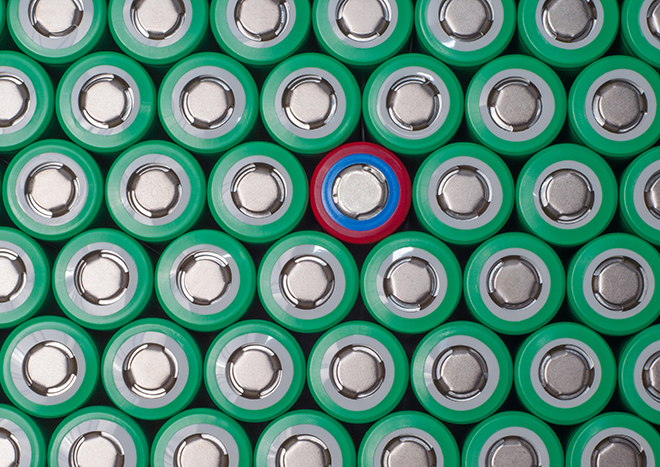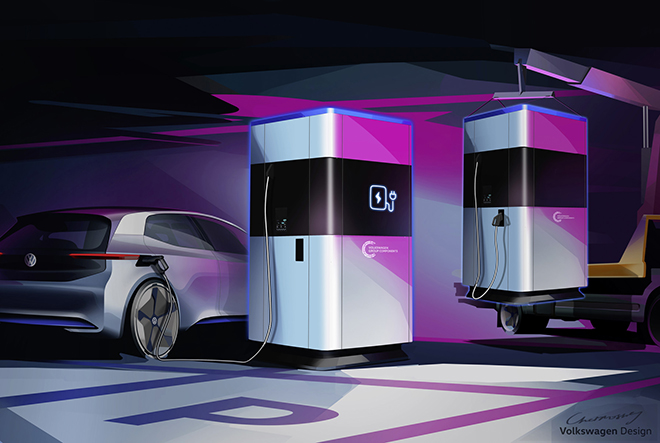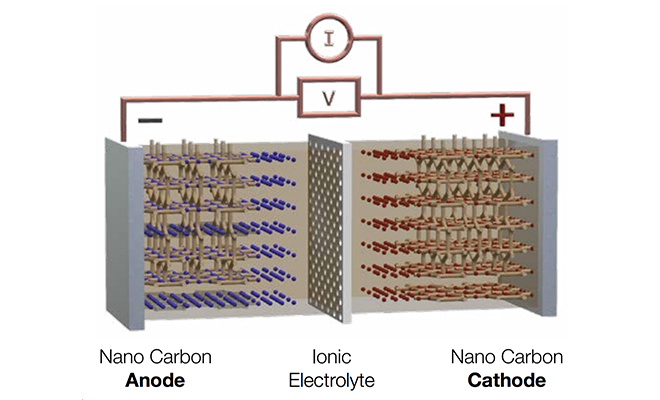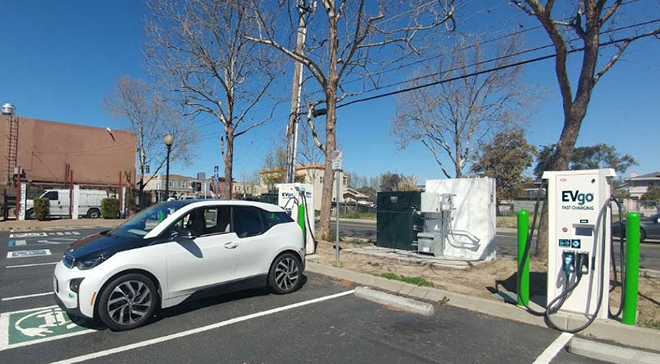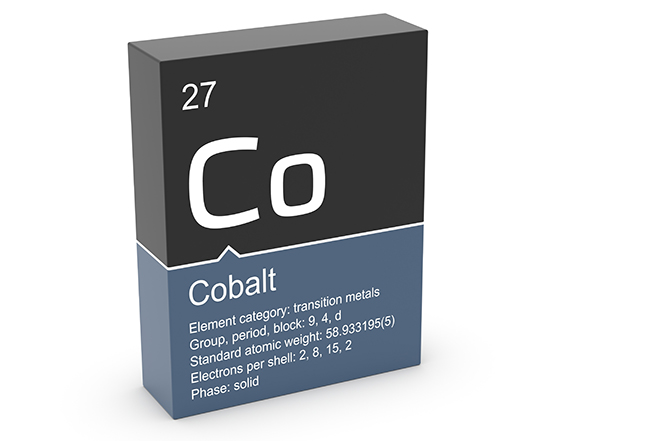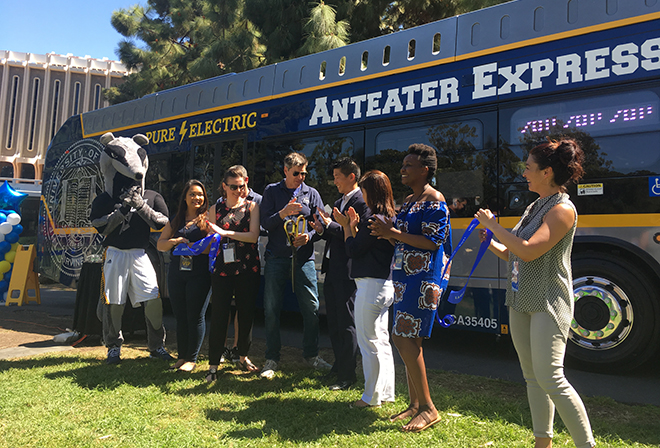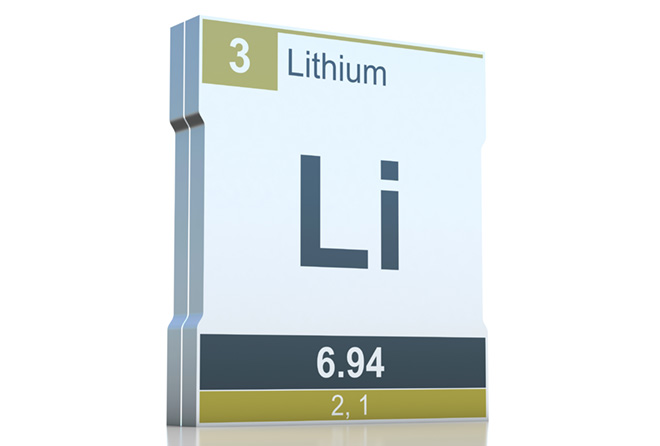Scientists at MIT, Stanford and the Toyota Research Institute (TRI) have developed an AI algorithm that they say can accurately predict the useful life of Li-ion batteries. The algorithm analyzed factors such as voltage decline to make predictions as to how many more cycles a battery would last. The predictions turned out to be within… Read more »
Search Results Found For: "battery recycl"
Volkswagen Group Components to produce fast charging station with storage
In 2020, Volkswagen Group Components, an independent business unit of Volkswagen AG, will start production of a fast charging station capable of charging four vehicles simultaneously and providing energy storage when not in use. The charging stations will be manufactured at a components plant in Hanover, replacing the plant’s current heat exchanger production area. The… Read more »
Top causes of failure in power semiconductors
All electronic devices eventually die, and the failure can be quite spectacular if suitable foresight and care was not employed during the design and construction phases, especially if the device handles high power or is supplied by a large battery. It should go without saying that both conditions apply to much of the electronics inside… Read more »
ZapGo’s Carbon-Ion tech combines power density of supercapacitors and energy density of batteries
Williams Advanced Engineering has selected ZapGo, a spinout of Oxford University, to join a consortium working to develop next-generation battery systems for EVs (part of the UK government’s Faraday Battery Challenge). ZapGo’s Carbon-Ion technology, based on carbon nanomaterials including graphene, is intended to combine the power density of supercapacitors and the energy density of rechargeable… Read more »
EVgo equips public fast chargers with second-life batteries
Charging network operator EVgo has integrated second-life BMW i3 batteries into a public DC fast charging station. The batteries will store energy from the grid generated during peak solar hours and later use that stored energy for charging during periods of high demand. Following a pilot program at the University of California San Diego (UCSD),… Read more »
Critical Materials Institute to address lithium and cobalt demand
As the market for plug-in vehicles grows, so does the demand for the materials associated with production, particularly lithium and cobalt, which are used in Li-on batteries. The DOE’s Critical Materials Institute (CMI) is focused on recycling and reducing the demand for rare metals that may experience shortages in the future. The agency is also… Read more »
University of California, Irvine to convert its entire bus fleet to EVs
The University of California, Irvine has chosen electric bus manufacturer BYD to convert the Anteater Express bus fleet, which serves the college’s 1,500-acre campus and various off-campus locations, into an all-electric service. UCI undergraduates voted in 2013 to transform the Anteater Express shuttle, which is operated and funded by students, to a more sustainable fleet,… Read more »
New membrane extracts lithium from fracking waste water
As EVs proliferate, global demand for lithium is rapidly outpacing the rate at which it can be mined or recycled, but an international team of researchers are working on a solution. Professor Benny Freeman of the University of Texas, and his colleagues at Monash University and the Commonwealth Scientific and Industrial Research Organisation (CSIRO) in… Read more »
Scania and Northvolt partner to develop batteries for heavy vehicles
Scania, a member of the Volkswagen Group, and Northvolt, a 2016 startup that is building what it calls a European gigafactory for Li-ion batteries (with a planned 32 GWh annual capacity), have agreed to work together to develop and commercialize battery cell technology for heavy commercial vehicles. Scania will invest €10 million ($12.5 million) in… Read more »
Williams Advanced Engineering and Airbus collaborate on high-altitude electric drone
Aircraft manufacturer Airbus and Williams Advanced Engineering have signed a memorandum of understanding to integrate ultra-lightweight materials, battery technologies and electrical cell chemistries into Airbus’s Zephyr High Altitude Pseudo-Satellite (HAPS) program. Zephyr is a solar-powered unmanned aerial system, or drone, that will fly at more than 65,000 feet – above commercial air traffic – for… Read more »




